Bosnia in 2007: Highs and lows
A bright start, followed by new ethnic divisions and a deep political crisis, is how DPA sees Bosnia-Herzegovina in this year.
Sunday, 23.12.2007.
16:29

A bright start, followed by new ethnic divisions and a deep political crisis, is how DPA sees Bosnia-Herzegovina in this year. In the soap opera that was Bosnian politics, leading characters failed to amuse or entertain with the plot that consisted of empty promises, intrigue, expectation, misunderstanding, division and uncertainty. Bosnia in 2007: Highs and lows Unexpectedly though, there was a happy ending. In 2006, Bosnia managed to complete a defense reform and bring the country into NATO's Partnership for Peace program. In 2007, it needed to work out how to meet the remaining requirements for membership of the European Union. Politicians met numerous times in the hope of resolving issues such as police and constitutional reforms - a precondition for the conclusion of the Stabilization and Association Agreement (SAA), the basis for its cooperation with the EU. No solutions were found, however. The various ideas, initiatives and proposals only deepened the political crisis that culminated in November with the resignation of Prime Minister Nikola Spiric and his entire government. The crisis started in mid-October, when the international community's high representative to Bosnia, Slovak diplomat Miroslav Lajcak, proposed a number of measures to streamline decision-making procedures in Bosnia's government and parliament. In an attempt to improve the working of the two institutions, he changed their voting systems and simplified their processes for the adoption of laws and documents, setting December 1 as the deadline for the possible adjustment and adoption of his measures by Bosnia's political leaders and state institutions. His decision immediately provoked Bosnian Serbs, who accused him of violating their constitutional rights and harming their national interests by enabling the two other ethnic groups in Bosnia - Bosniaks (Muslims) and Croats - to outvote Serbs. Spiric resigned on November 1 saying his decision came in protest at measures suggested by Lajcak, who in the meantime received support from the international community and the authorities of Bosnia's Muslim-Croat Federation. As the first results of Lajcak's proposal had further deepened the crisis in the country, leaving no space for optimism, the final outcome was more than astonishing for both the international community and the citizens of Bosnia-Herzegovina. Less than 12 hours before the deadline, the leaders of Bosnia's political parties sat together and adopted Lajcak's measures that were immediately passed by the state parliament. Three days later, the central government held an urgent session adopting an action plan on concrete steps to implement the police reform that would put police troops from the two ethnic entities - the Muslim-Croat Federation and the Republic of Srpska - under one command and one budget at state level. The government convened the day EU Enlargement Commissioner Olli Rehn arrived in Sarajevo to inspect Bosnia-Herzegovina's progress towards European integration. He held talks with the authorities and the leaders of political parties. To the surprise of those in Bosnia and beyond, that evening, following meetings with politicians, Rehn announced that Bosnia- Herzegovina was ready to initial the long awaited SAA rapprochement deal with the EU. Outgoing Prime Minister Spiric and Rehn initialed the SAA agreement on December 4, marking a historical point for Bosnia- Herzegovina and its first step towards EU membership. "The leaders of the country have convinced me of the commitment to finish the job concerning police reform," Rehn said. "The SAA provides for the establishment of a free trade area and for the strengthening of the ties between the EU and Bosnia- Herzegovina. Thus bringing economic benefits to the country, the SAA is also the gateway to candidate status, provided the agreement is properly implemented," he said. The country would still have to conduct a number of reforms before it actually signed the SAA deal and sealed its progress towards the European family. "Olli Rehn's decision puts Bosnia-Herzegovina back on the road to European integration after months of political uncertainty," Lajcak said. With this decision, "the EU has recognized the new political dynamic in Bosnia-Herzegovina." "As of tomorrow we will start an overall social transformation of Bosnia-Herzegovina, which is a precondition for any future success," said Spiric, who, according to media speculation, may be offered a chance to form the new government. Political leaders say 2008 will, hopefully, see the completion of the police and constitutional reform, the likely signing of the rapprochement deal in the second half of the year and Bosnia- Herzegovina's incorporation into the EU by 2014. One of key protagonists in Bosnia in 2007, Miroslav Lajcak (FoNet)
Bosnia in 2007: Highs and lows
Unexpectedly though, there was a happy ending.In 2006, Bosnia managed to complete a defense reform and bring the country into NATO's Partnership for Peace program.
In 2007, it needed to work out how to meet the remaining requirements for membership of the European Union.
Politicians met numerous times in the hope of resolving issues such as police and constitutional reforms - a precondition for the conclusion of the Stabilization and Association Agreement (SAA), the basis for its cooperation with the EU.
No solutions were found, however.
The various ideas, initiatives and proposals only deepened the political crisis that culminated in November with the resignation of Prime Minister Nikola Špirić and his entire government.
The crisis started in mid-October, when the international community's high representative to Bosnia, Slovak diplomat Miroslav Lajčak, proposed a number of measures to streamline decision-making procedures in Bosnia's government and parliament.
In an attempt to improve the working of the two institutions, he changed their voting systems and simplified their processes for the adoption of laws and documents, setting December 1 as the deadline for the possible adjustment and adoption of his measures by Bosnia's political leaders and state institutions.
His decision immediately provoked Bosnian Serbs, who accused him of violating their constitutional rights and harming their national interests by enabling the two other ethnic groups in Bosnia - Bosniaks (Muslims) and Croats - to outvote Serbs.
Špirić resigned on November 1 saying his decision came in protest at measures suggested by Lajčak, who in the meantime received support from the international community and the authorities of Bosnia's Muslim-Croat Federation.
As the first results of Lajčak's proposal had further deepened the crisis in the country, leaving no space for optimism, the final outcome was more than astonishing for both the international community and the citizens of Bosnia-Herzegovina.
Less than 12 hours before the deadline, the leaders of Bosnia's political parties sat together and adopted Lajčak's measures that were immediately passed by the state parliament.
Three days later, the central government held an urgent session adopting an action plan on concrete steps to implement the police reform that would put police troops from the two ethnic entities - the Muslim-Croat Federation and the Republic of Srpska - under one command and one budget at state level.
The government convened the day EU Enlargement Commissioner Olli Rehn arrived in Sarajevo to inspect Bosnia-Herzegovina's progress towards European integration.
He held talks with the authorities and the leaders of political parties.
To the surprise of those in Bosnia and beyond, that evening, following meetings with politicians, Rehn announced that Bosnia- Herzegovina was ready to initial the long awaited SAA rapprochement deal with the EU.
Outgoing Prime Minister Špirić and Rehn initialed the SAA agreement on December 4, marking a historical point for Bosnia- Herzegovina and its first step towards EU membership.
"The leaders of the country have convinced me of the commitment to finish the job concerning police reform," Rehn said.
"The SAA provides for the establishment of a free trade area and for the strengthening of the ties between the EU and Bosnia- Herzegovina. Thus bringing economic benefits to the country, the SAA is also the gateway to candidate status, provided the agreement is properly implemented," he said.
The country would still have to conduct a number of reforms before it actually signed the SAA deal and sealed its progress towards the European family.
"Olli Rehn's decision puts Bosnia-Herzegovina back on the road to European integration after months of political uncertainty," Lajčak said.
With this decision, "the EU has recognized the new political dynamic in Bosnia-Herzegovina."
"As of tomorrow we will start an overall social transformation of Bosnia-Herzegovina, which is a precondition for any future success," said Špirić, who, according to media speculation, may be offered a chance to form the new government.
Political leaders say 2008 will, hopefully, see the completion of the police and constitutional reform, the likely signing of the rapprochement deal in the second half of the year and Bosnia- Herzegovina's incorporation into the EU by 2014.















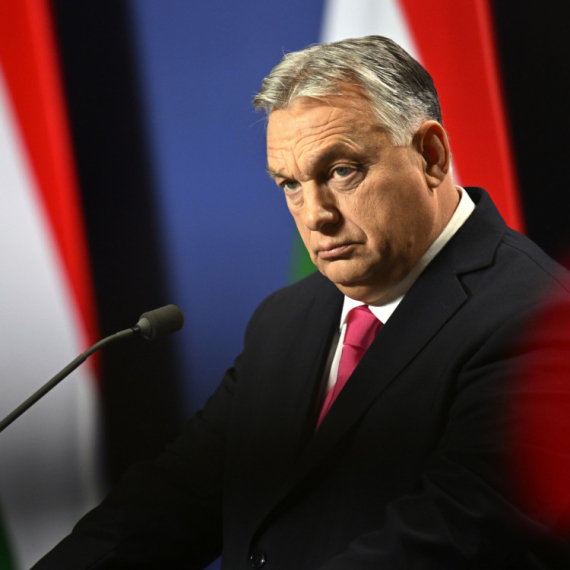









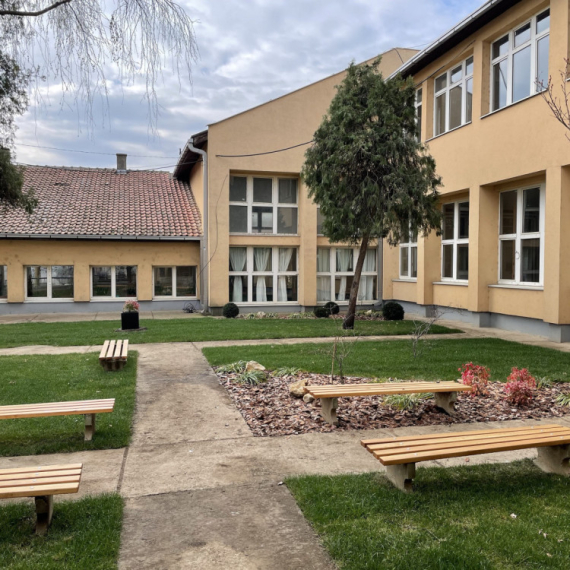















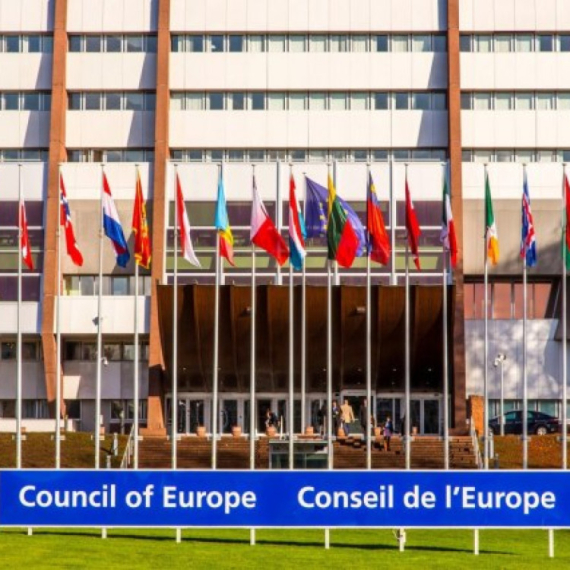










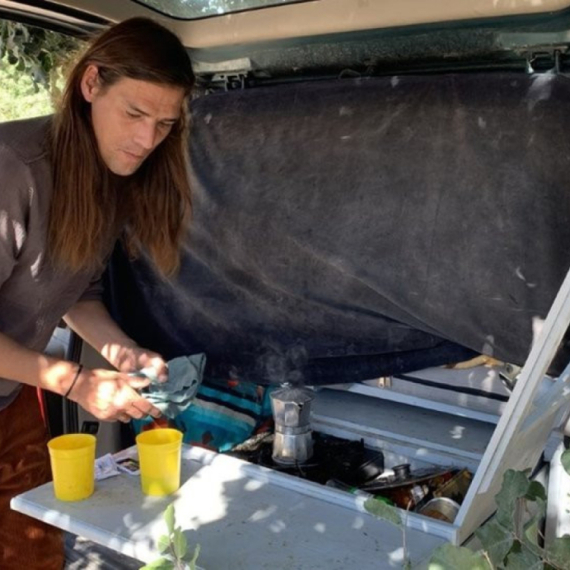
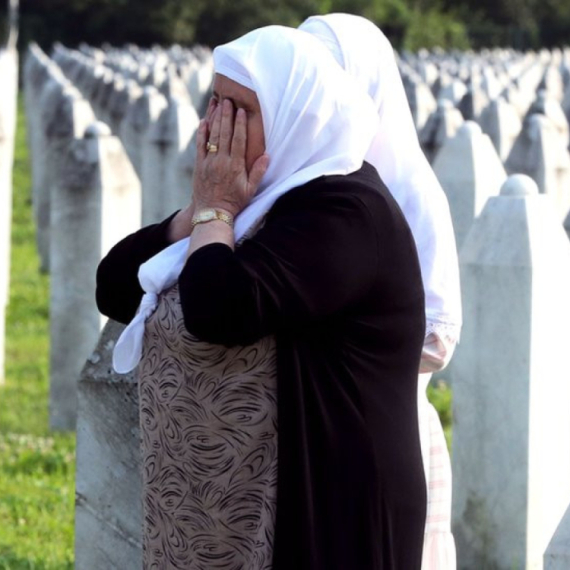
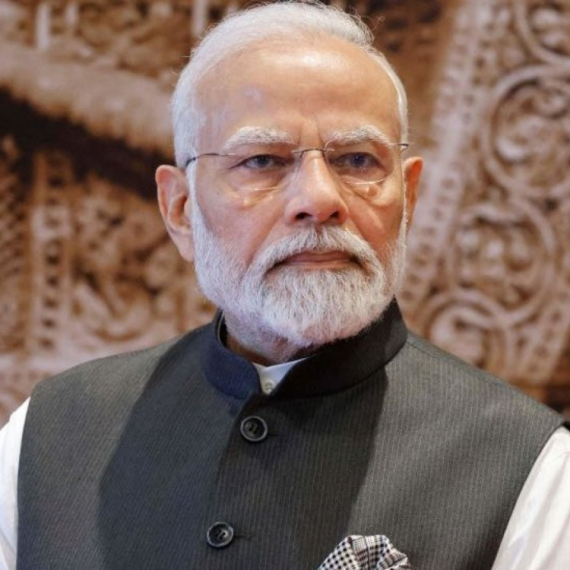
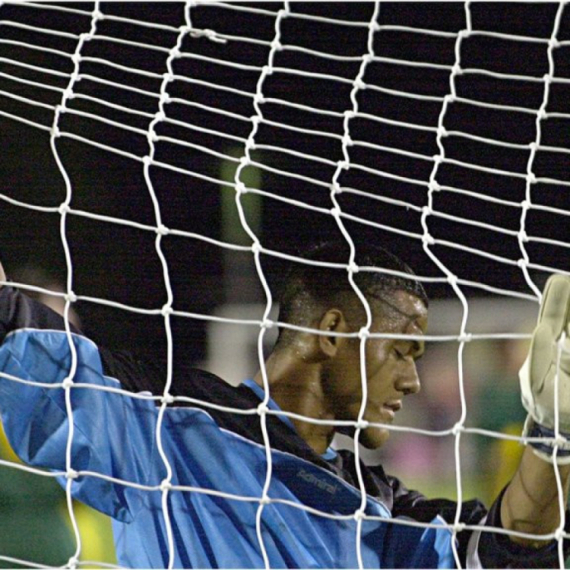
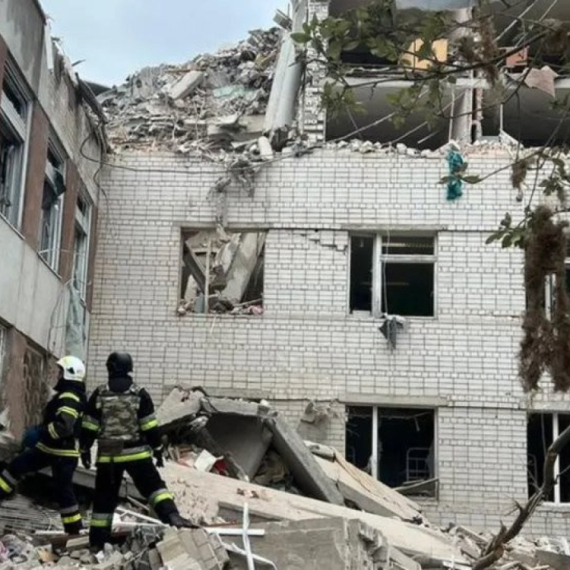

Komentari 2
Pogledaj komentare